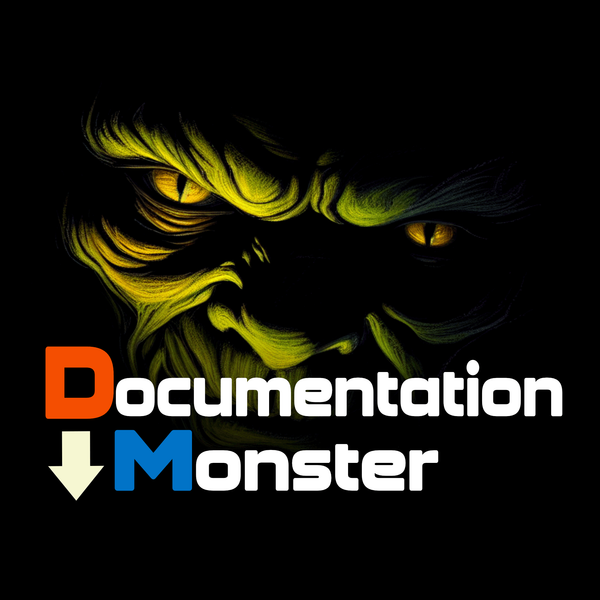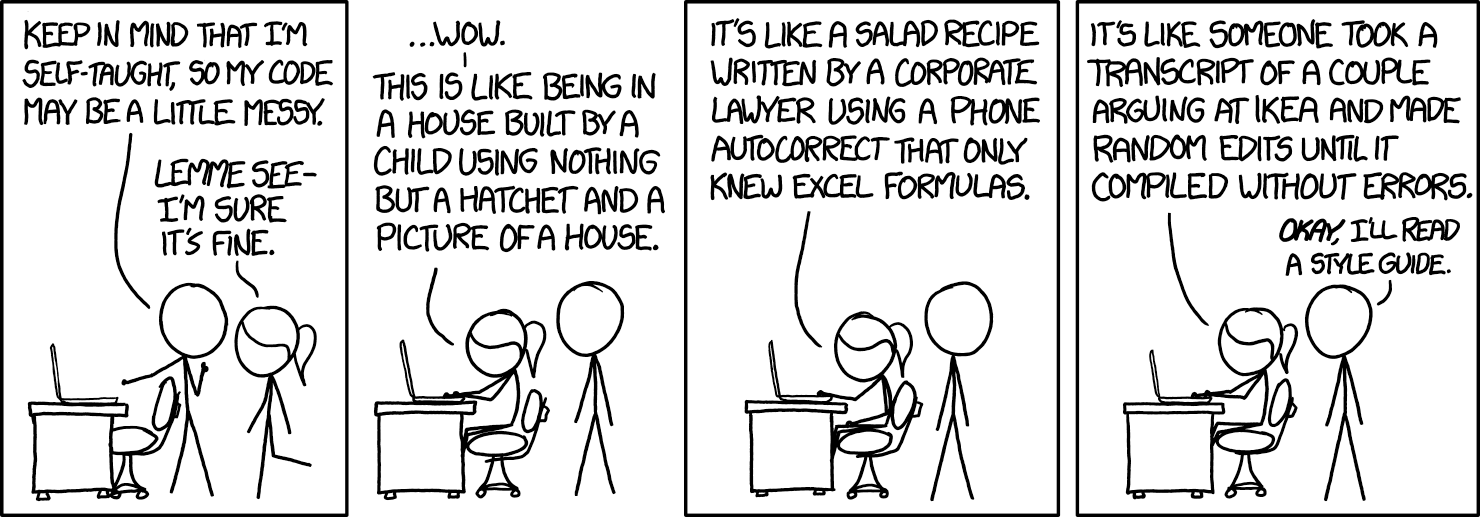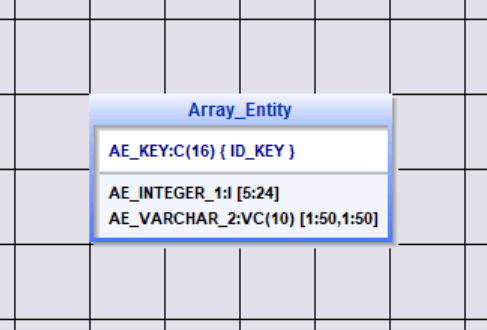Is AI the Answer — or a Solution Looking for a Problem?
A Delphi MVP, an Embarcadero evangelist, and a panel of developers tackle the promises and pitfalls of AI in development. This recap blends live transcript, personal insight, and a call for responsible collaboration.
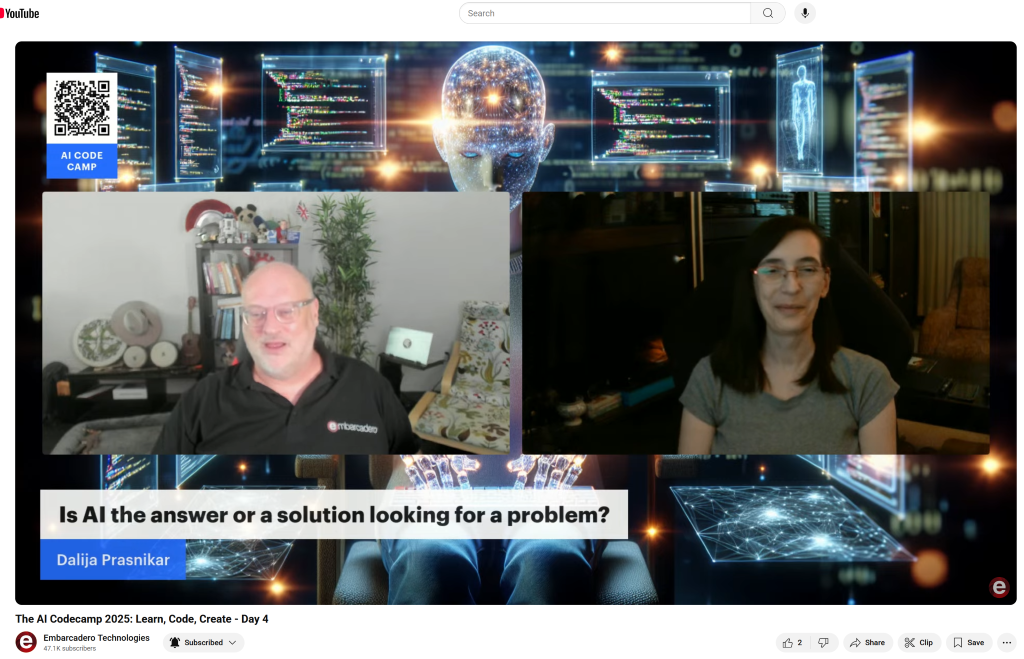
Panelists:
- Dalija Prasnikar – Delphi MVP, author
- Ian Barker – Embarcadero Evangelist and Moderator
- VIrtual Attendees
📄 About This Post
This post is based on a panel discussion recorded during AI CodeCamp 2025. The session audio was:
- Recorded live,
- Transcribed from speech to text using Camtasia with Whisper.dll,
- Blended with my personal notes, clearly labeled as "My take" throughout the article,
- Synthesized into article form by ChatGPT,
- And reviewed and edited by me for accuracy and clarity.
🎥 Setting the Stage
This panel was one of the more grounded and thought-provoking sessions of the event. The title itself — Is AI the Answer or a Solution Looking for a Problem? — teases both the optimism and skepticism that followed.
Although earlier sessions in the day experienced technical hiccups, this panel discussion proceeded smoothly and delivered a meaningful mix of caution and insight. The replay, I’m told, will be posted on the AI CodeCamp site.
🔍 Stack Overflow in the Age of LLMs
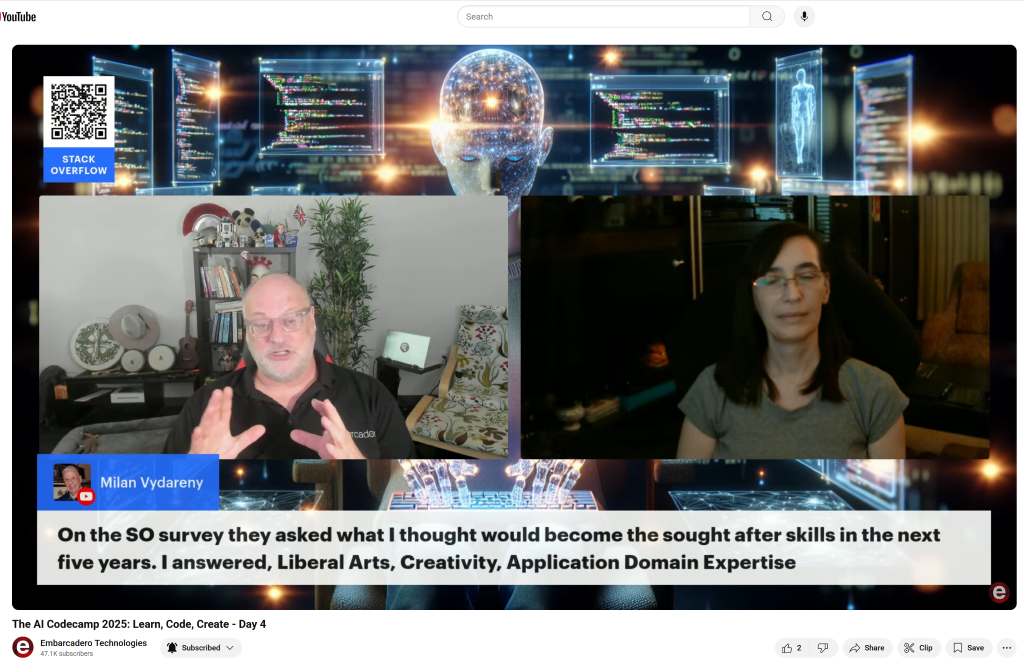
Much of the early discussion centered around Stack Overflow (SO) and the visible shift in how developers (especially juniors) are using it—or rather, not using it.
- There’s a notable drop in questions being posted.
- Many devs now treat LLMs as their first stop.
- Since many LLMs were trained on SO data, this raises a deeper question: If SO withers, what happens to the quality of the next generation of models?
Dalija worries that junior developers may never develop the habit of asking or refining questions, a critical skill in both programming and life. Barker observes that many devs are turning into prompt engineers rather than coders per se.
My take:
There are many sources of knowledge, not just SO. Substack comes immediately to mind, along with a host of other smaller platforms publishing quality information. In terms of quality, SO is not the paragon of perfection by any means and should be treated with the same critical approach used with any information source.
As far as Junior Devs becoming prompt engineers, it's not clear that this is somehow undesirable; people have been displaced from their customary occupations throughout modern history. The majority of the world's population shifted from agriculture to other occupations thanks to the industrial revolution.
⚡ Hallucinations and Human Nature
A lot of time was spent warning about LLM hallucinations—when the AI makes things up.
My take:
While these warnings are valid, I found myself thinking: "But humans make mistakes too." Many of the panel’s concerns boil down to humans being lazy or uncritical, not a unique AI flaw. The danger is not AI making mistakes, but people failing to verify what AI gives them.
💻 Writing Code: What Does That Even Mean?
The panel spoke broadly about how well (or poorly) AI writes code.
- Dalija emphasized that AI code can look good but be logically broken.
- She stressed that novices may not recognize bad practices or subtle bugs.
- Some audience members praised AI for boilerplate and scaffolding tasks.
My take:
The issue isn't whether AI can "write code" — it can. But vague prompts or large legacy problems yield poor results. Conversely, precisely defined tasks often result in impressive output. Citing only failure cases (as the panel often did) introduces bias. It's a tool—the outcome depends on how you use it.
📖 Authorship, Voice, and AI Assistance
Dalija raised a concern about losing the human voice in writing when AI is used as an editor or co-writer.
My take:
But let’s be honest—editors have always shaped human writing. If I use AI to suggest edits, then review and revise them to reflect my intent, that’s arguably more control than a human editor usually affords me.
Interestingly, Dalija mentioned that although English isn't her native language, she now thinks in English when coding—a fascinating insight into bilingual software cognition. She also sees AI-based translation as one of its most promising real-world applications.
✏️ Plagiarism, Learning, and Mimicry
Some panelists argued that AI doesn't create—it repeats what it has learned. That sounded suspiciously familiar.
My take:
Isn't that what human education does? We train people to conform to accepted styles and norms. The line between "learning" and "plagiarism" is blurry, and often rooted in how we define authorship, not how creation actually works.
⛔ Losing Your Edge?
Dalija voiced her biggest fear: that people will become lazy, losing core skills because AI makes everything easy.
My take:
That's not wrong, but it's not new either. Some people will take shortcuts. Others will continue honing skills regardless of convenience. Human motivation varies. AI might dull some blades, but it will sharpen others.
🚀 Dalija’s Prediction
She believes:
- Models will improve.
- They’ll eventually plateau.
- And no matter how good they get, they won’t be "born" the way humans are.
My take:
That final point gave me pause. Aren’t humans also "built" from cells and DNA? Our intelligence is assembled too—not dropped in fully formed. The distinction is philosophical, not biological. Still, I get what she means: AI lacks intention, purpose, curiosity.
📅 Final Takeaways
- Dalija: AI is a tool. Not magic. Not a shortcut to understanding.
- Barker: If you write more, you must review more. Quantity demands quality control.
- Me: The panel nailed the risks, but sometimes overlooked the opportunities. AI is a mirror: it reflects our discipline, or lack thereof.
🕵️️ Final Word
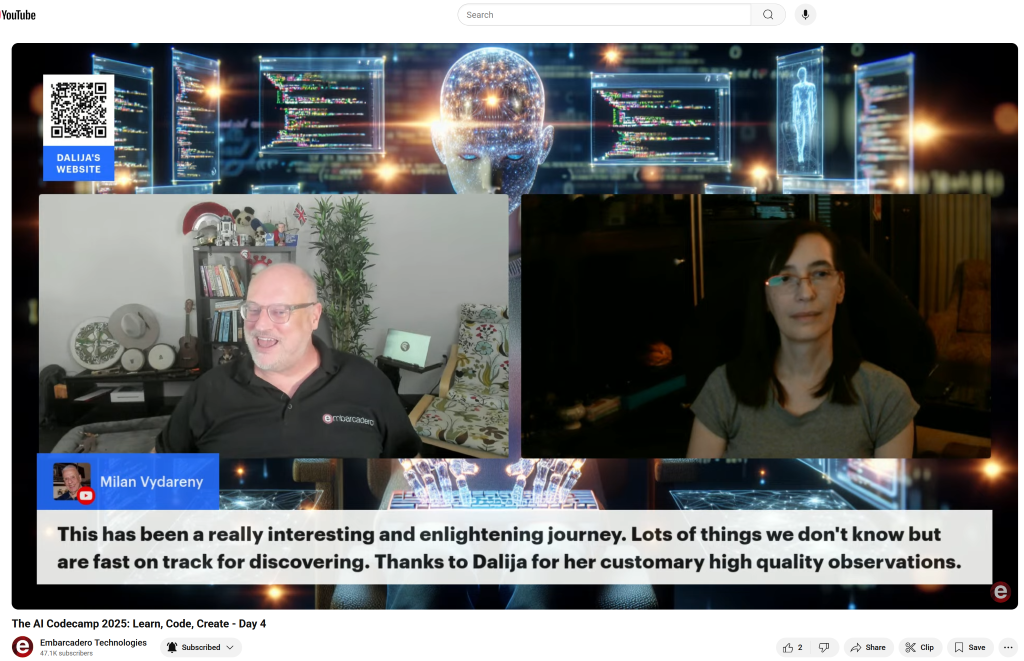
AI is not a threat to thinking. It’s a threat to uncritical acceptance.
If you use it well, AI accelerates learning. If you depend on it, it erodes it. The responsibility, as always, lies with us.
Originally aired at AI CodeCamp 2025. This write-up blends session content with my personal reflections as a viewer and developer.
